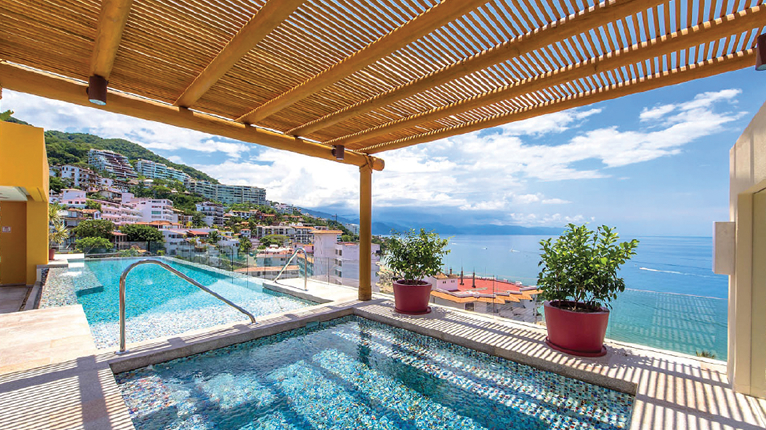It’s something high on many a bucket list, somewhere between a luxury car and a personal yacht. Though sometimes a fanciful notion, purchasing a vacation property should not be taken lightly, and your decision ought to be made after evaluating many important personal and financial considerations. I know, because a couple years ago my husband and I bought a vacation home. Here are some things all would-be second-property buyers should take into account:
PERSONAL CONSIDERATIONS
Traveller vs. vacationer. The world offers a lot to see and discover. If you get your pleasure from the unknown, how would returning to the same country, same town and same property year after year satisfy you? In other words, are you thrill-seeking or simply looking for a place to unwind and recharge?
Frequency of visits and advice from your family and friends. Vacations can be especially rewarding because of the people with whom we experience them and the memories they create. So that should be factored into your decision.
Also, you will want to consider how many times per year you’d like to visit to make it worth your investment. If family, work and other obligations don’t allow you to go at least two or three times annually, then maybe a hotel would be a better fit.
To commit or not to commit. As is true when choosing a partner or a spouse, spending time with someone might be exciting for a week or two, but that doesn’t necessarily mean the person is ideal for a long-term commitment. The same goes for a holiday home. Before taking the plunge, revisit the place a few times and, if possible, try spending an extended period there to sample its true essence. Remember, as a property owner vs. a tourist, you’ll need to deal with such things as the local government, businesses and perhaps hiring your own employees.
FINANCIAL CONSIDERATIONS
Speak to your financial advisor. I might sound like a broken record, but before making any big purchase such as a vacation property, talk to your advisor. There are numerous things to assess, including: Can you afford it along with the yearly “carrying costs”? Should you buy a condo or a house? How would you finance it? Would it be better for you to rent each holiday season instead of buying? Will the new home serve as your primary residence in retirement?
Tax, tax, tax implications. One of the biggest issues you’ll confront is what the purchase means for your taxes. A tax professional will be able to help you understand how the vacation property will affect your taxes at various junctures, including when/if you rent your second home and at the point of transfer by sale or death.
Estate planning. Will your current will be recognized in the country where you buy a second property, or do you need a separate document in that jurisdiction to ensure your partner or spouse doesn’t face any legal challenges?
U.S. considerations. Because an institution such as TD Bank has a large U.S. operation, it’s able to lend on properties located within the bank’s footprint—from Maine to Florida (excluding Georgia).
In summary, the best decisions are informed decisions. So assess all your risks and benefits, and go over them with your financial advisor. Should you then decide to purchase, the peace of mind will help you enjoy your vacation property to the fullest.
Al Ramsay is TD Bank Group’s regional manager, LGBTA Business Development. Follow him on Twitter, @AlRamsay_TD, or call 416-983-6818. (Canadians may take advantage of TD Bank Cross Border Services: www.tdcanadatrust.com/products-services/banking/cross-border-banking.)






POST A COMMENT